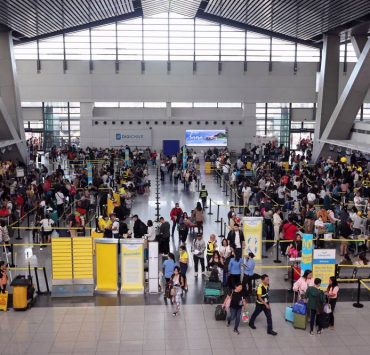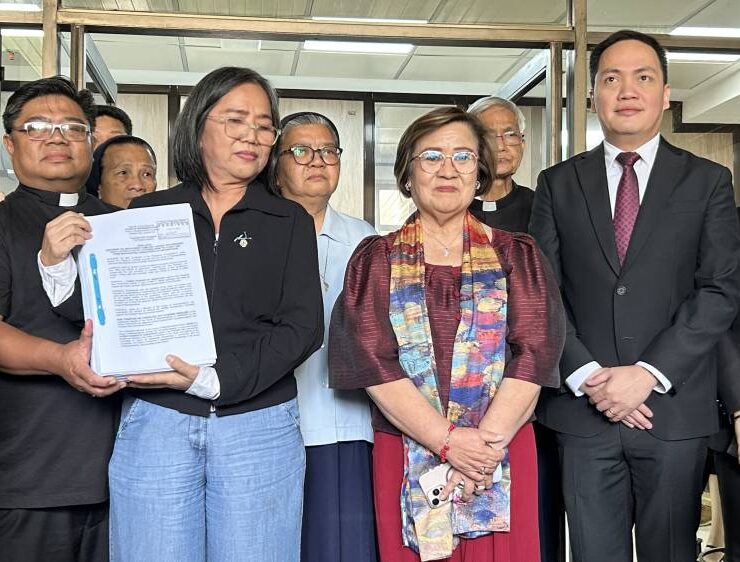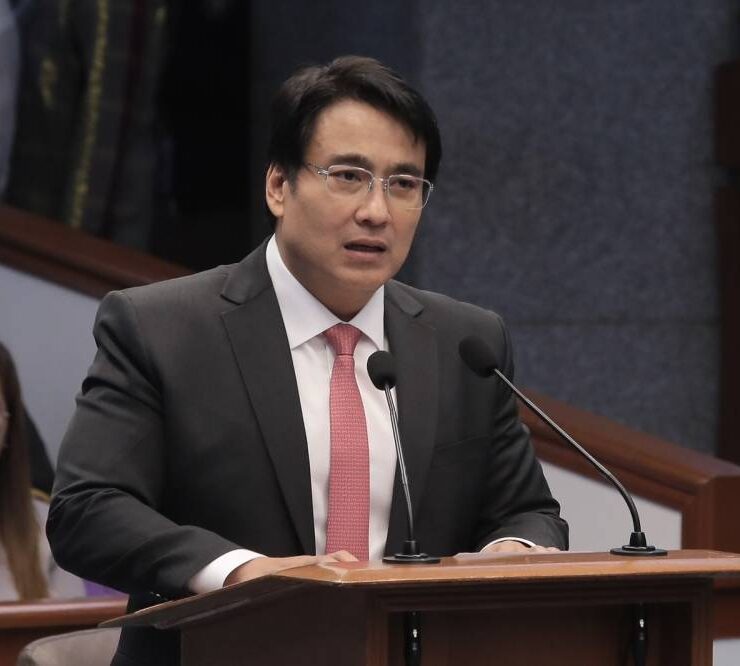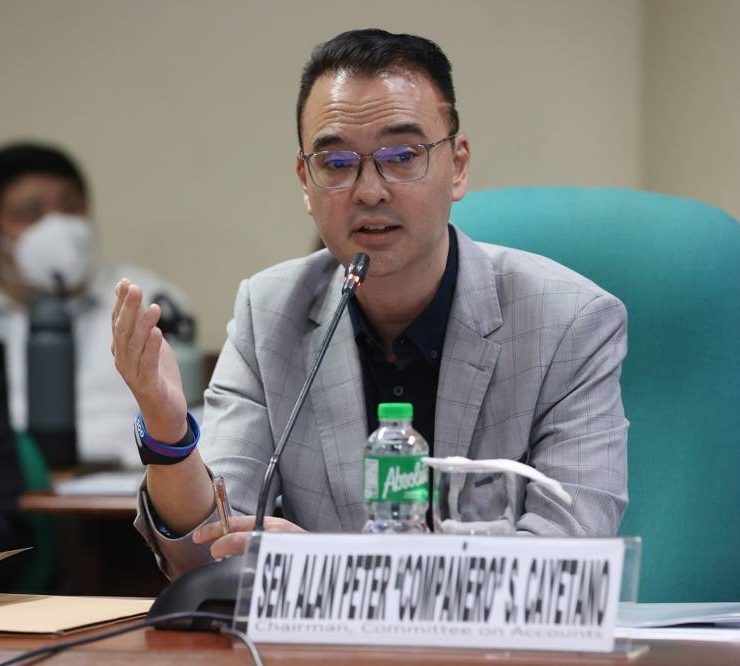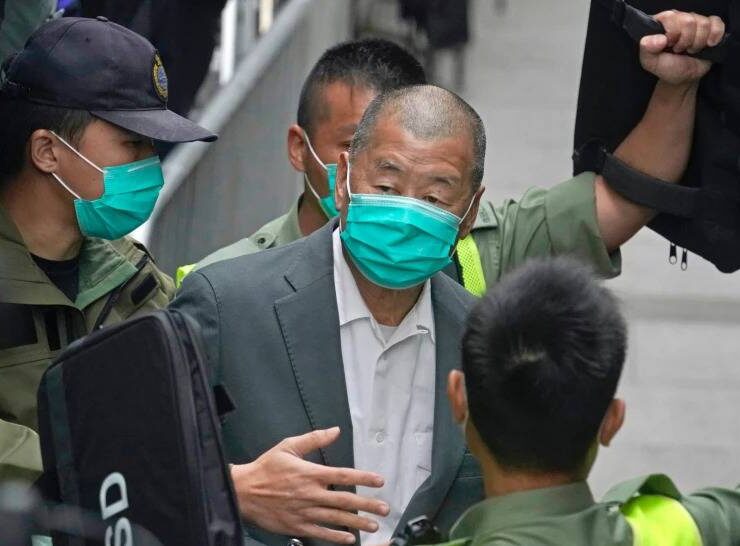Failed bombardment

The President’s previous State of the Nation Address was the pitch for the real election budget going into the midterms; his coming one will lay the case for the midterm campaign itself. It will be based on the case made by the President, that the coalitions that will support and oppose the administration will firm up in time for the filing of candidacies around October.
Last month, Pulse Asia took a snapshot of public opinion and what’s been disclosed to the public is being digested and acted upon by the powers that be.
In terms of what the public considers the most urgent national concern, the overwhelming choice is controlling inflation, at 72 percent overall (and coming first for 40 percent), followed by increasing the pay of workers (44 percent) and reducing the poverty of many Filipinos (32 percent), creating more jobs (30 percent) and fighting graft and corruption in government (22 percent).
This tells us the President will focus on all these things as he makes his case for what he has done, and what he needs public support for. One can argue this is about as predictable as election issues can get.But two other items tell us something interesting about the Duterte-led coalition expected to challenge him.
First, fighting criminality is considered most urgent by 11 percent and only 3 percent consider it the most important issue of all.
Second, defending the integrity of Philippine territory against foreigners is considered urgent by 5 percent and the most important by only 2 percent. This is less straightforward than the previous item: it’s a positive negative, meaning that it’s not considered urgent not because it isn’t something of concern, but rather because the public is overwhelmingly satisfied with how the President is handling matters to the extent that the public doesn’t consider a problem that needs to be addressed.
Put another way, this is a problem that can be left to the authorities whom the public expects to pay better attention to the economic plight of the people.
The first of these issues is the specialty of the Dutertes and this time around, their specialty is not what seems to be direly needed; the second of these issues is one that the Dutertes have tried to pin on the Marcoses and Romualdezes but the only effect is to highlight how distant the Duterte point of view (pro-China, anti-America) is from mainstream public opinion.
In either case, a bad place to be as the viability of each coalition’s candidates is being weighed by those who will be asked to help fund their campaigns.
So in underscoring how the people to beat are the Dutertes, the survey suggests the Dutertes themselves are beat.
As the old premarital press used to put it, the Dutertes have thrown everything except the kitchen sink at the Marcoses: the former president slandered his successor, then called for rallies—time and again, with negligible turnouts—and the former prexy’s people tried to call for the incumbent to resign, but this was shrugged off, so the Great Eagle Father called for secession, but this was also shrugged off, not least by most Mindanao lawmakers.
The former prexy tried to become a human shield for Apollo Quiboloy but it didn’t work; there was an attempt to shake the tree by means of allegations about PDEA but again, it was shrugged off.
As another old saying goes, the mountains labored and brought forth a mouse. So the Veep quit, and to add to the excitement, the Veep’s sibling took potshots at Sen. Bong Go, who in turn tried to stir things up by denying the former prexy was dead—except his proof of life photos only helped prove that Alice Guo had paid a visit to the former chief executive in his Davao home.
As one observer put it, instead of payoff came payback: for all their drama, “all the Dutertes got 18 percent decline in the survey.” This is payback because all the drama meant to spark public fascination, excitement, and ultimately, support, produced the opposite—because drama isn’t what’s needed when the top public concern is prices and jobs.
Neither good governance nor fighting corruption is particularly high and so the old anti-Marcos coalition figures are doubly handicapped because there seems public irritation with those who have been actively campaigning when public interest is in food and jobs and not politics.
Clever man that he is, Ambassador Babes Romualdez immediately framed the whole contest in his reaction to the Veep’s dissolving the 2022 coalition: “It is now abundantly clear,” he wrote, “our country is heading towards another endless chapter of divisiveness, with politics being a primary concern, instead of the many major challenges we face locally and internationally.”
And then came the clincher: “The bottom line is—either we are united, or divided we will fall.”














